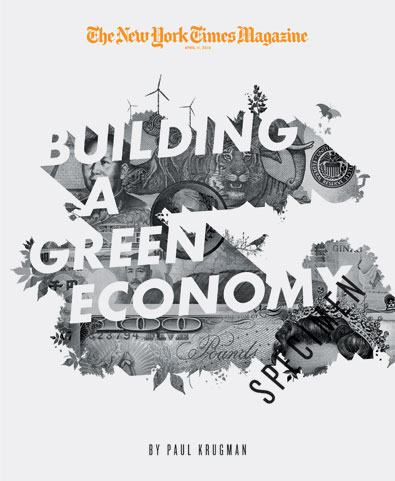In case you didn’t have enough reasons to dislike the Taliban, The Wall Street Journal’s Yaroslav Trofimov looks at how they’re using revenue from illegal logging to finance attacks on U.S. troops (though, via some monumentally twisted logic, the article actually blames the logging ban, rather than the Taliban forces doing the logging and profiting from it):
Giant piles of prime timber line the roadsides along the Kunar River valley. The cut wood, valued at tens of millions of dollars, has been slowly rotting away since 2006, when President Hamid Karzai banned logging and lumber sales in Afghanistan.
The decree was designed to preserve the nation’s dwindling forests. But, American military commanders and civilian officials say, this well-intentioned prohibition has led to disastrous consequences: giving a powerful boost to the Taliban-led insurgency and helping to turn Kunar into one of Afghanistan’s most dangerous provinces … Logging has continued unabated here since Kabul imposed the ban. But now the industry is largely supervised by the Taliban.
They skim off the profits and use the smuggling networks established to haul Kunar’s trees into neighboring Pakistan to transport weapons and men, American officers say. As a result, logging clans are now part and parcel of the insurgency … Troops in the area come under fire almost every day, prompting artillery at the squadron’s main base to fire deafening volleys at insurgent positions.
The article notes that logging has shrunk Afghanistan’s forest cover 50 percent since 1978, which led President Karzai to impose the ban. But it implies a horrible choice: that further deforestation, with all its negative consequences, may be the price of loyalty.
There is another option that could both save Afghanistan’s forests and put these eastern Afghan tribes on the side of the Americans: include financing to reduce illegal logging and incentivize international forest conservation in climate legislation (and pass the legislation). These financial incentives would make forests around the world worth more alive than dead — giving landowners and local communities strong cash-on-the-barrel reasons to keep their forests standing.
This financing was actually included in the House-passed American Clean Energy and Security Act, which set aside five percent of the revenue from climate legislation for forest conservation, with a focus on reducing illegal logging. It was also included in the legislation passed by the Senate Environment and Public Works Committee, but the oil industry is trying to raid these funds so it can continue to pollute for free.
Not a surprise, I suppose, given that the oil industry is trying to block clean energy and climate action that could reduce the Iranian military dictatorship’s income by $100 million per day. But Sens. Kerry, Graham, and Lieberman have an opportunity to ensure that U.S. troops in Afghanistan — already contending with heroin-financed Taliban attacks — don’t have to also worry about illegal logging as well.



